
Tech
Bionic plants and electric algae may usher in a greener future
Some can aid the climate by removing pollutants. Others would just avoid dirtying the environment in the first place.
Come explore with us!

Some can aid the climate by removing pollutants. Others would just avoid dirtying the environment in the first place.

Computer scientist Eakta Jain is looking at human-horse interactions for ideas about how to design robots that work well with people.
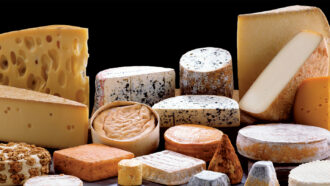
Linking types of bacteria to specific flavors could help cheesemakers tweak their products — or even develop new cheese flavor.

Teamwork makes green-work! Collaborating scientists came up with an electrifying farming trick that could make sunlight optional.
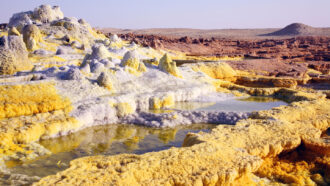
Inorganic molecules include salts, minerals and other compounds that lack organics’ carbon-hydrogen bonds.
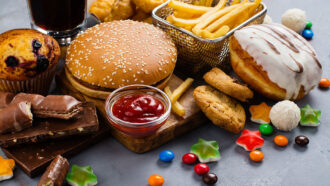
The adolescent brain has a hard time resisting junk food. But high-fat, high-sugar diets can interfere with learning and pose risks to mental health.
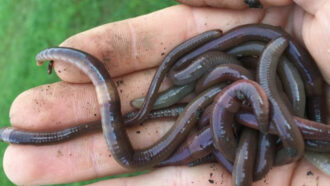
These bad-news invaders are spreading across the United States. As they turn forest debris into bare ground, soils and ecosystems are changing.
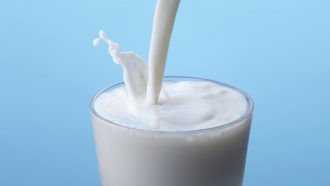
Scientists had not considered fat a 'taste.' The brain begs to differ, new data show.

Technology shows how microbes in the body respond to exercise. That helps scientists understand why those microbes keep athletes healthy.

Photosynthesis turns sunlight into energy for plants. Scientists want to know more about it, imitate it — even improve it.